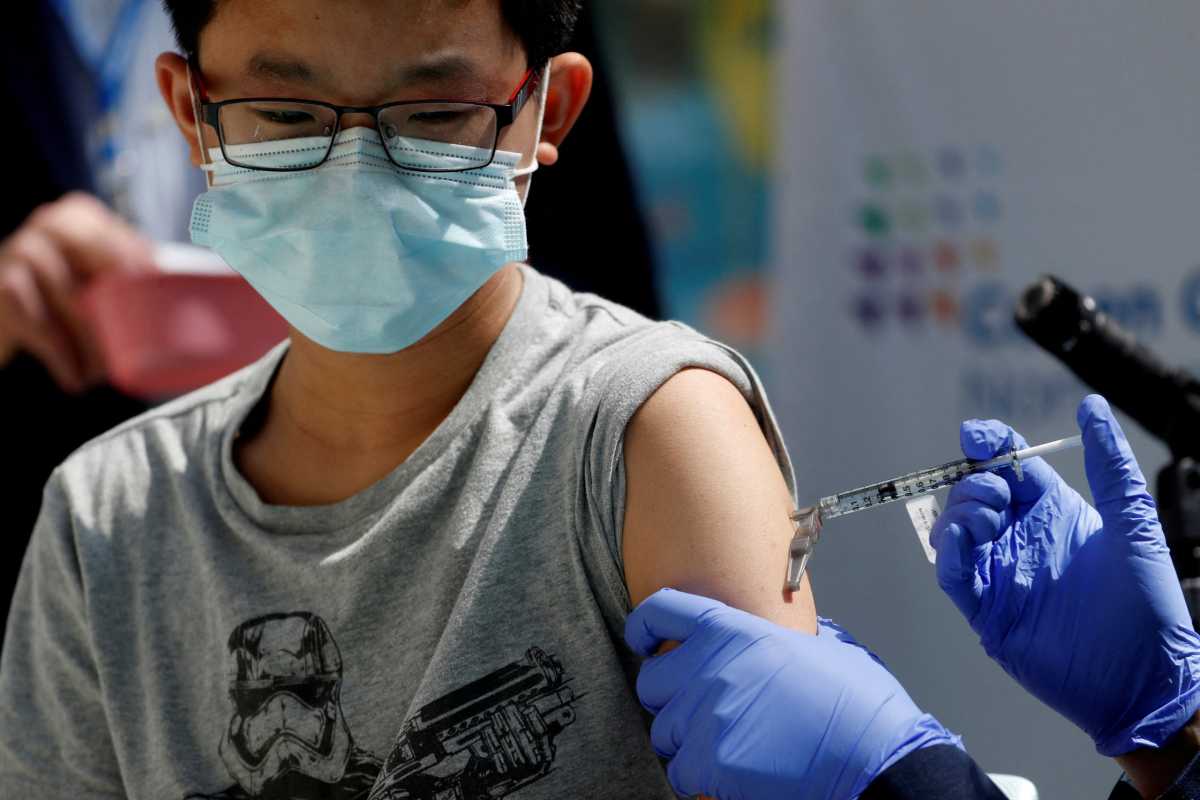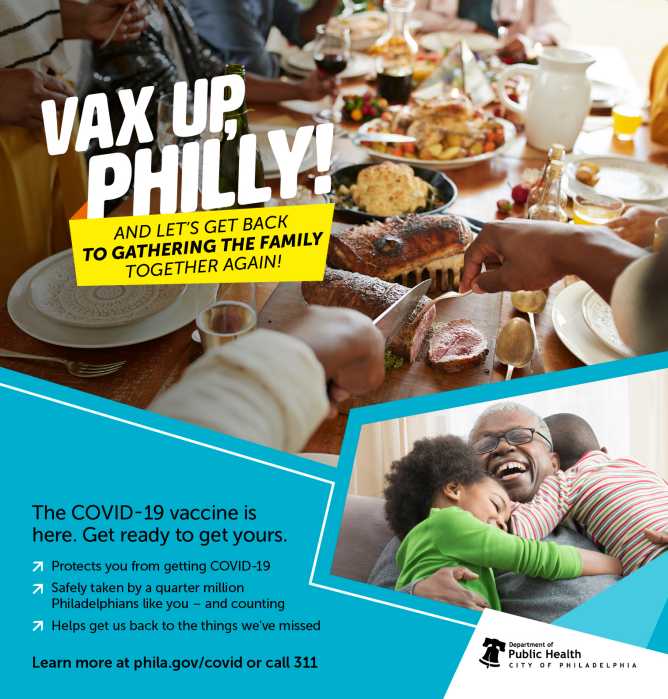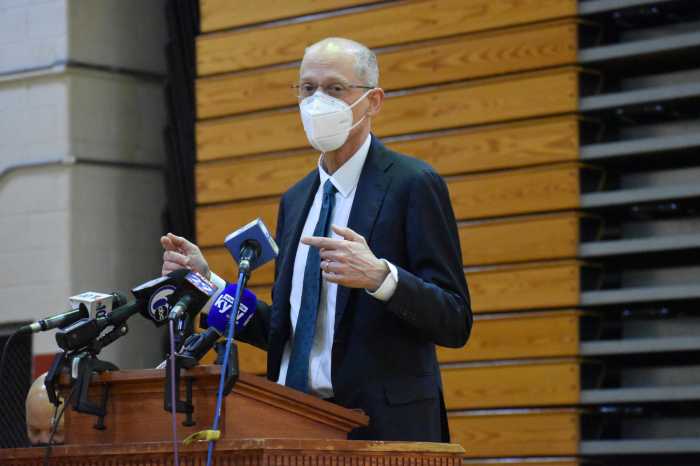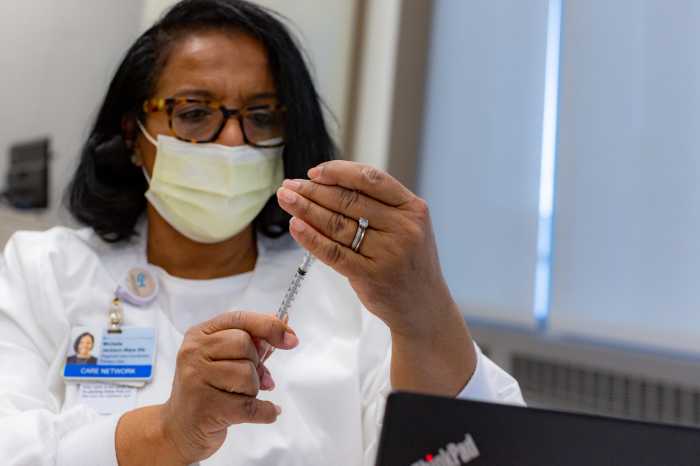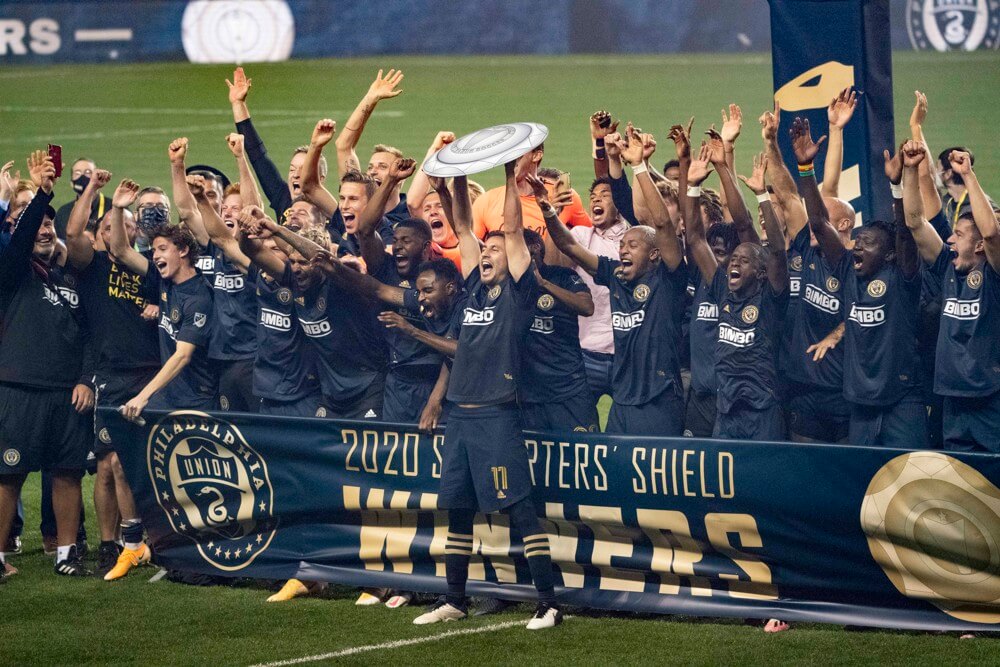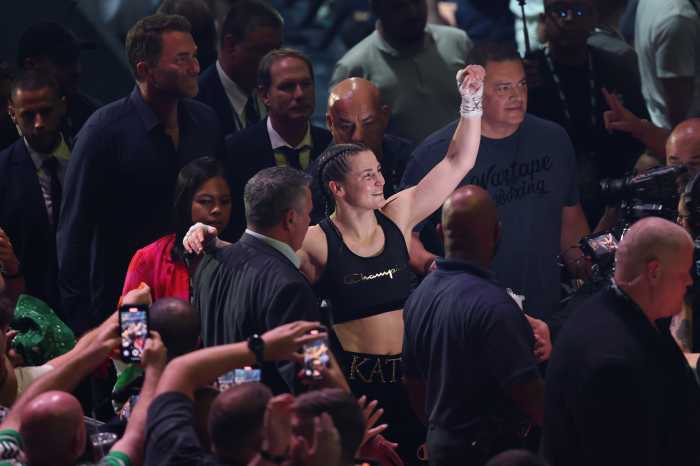By Ahmed Aboulenein and Ankur Banerjee
WASHINGTON – The U.S. Food and Drug Administration on Monday authorized the use of a third dose of the Pfizer and BioNTech COVID-19 vaccine for children ages 12 to 15, and narrowed the interval for booster shot eligibility to five months from six.
The agency also authorized a third shot for children aged 5 through 11 years who are immunocompromised.
The regulatory decisions come with COVID-19 cases surging due to the Omicron variant of the virus and just as many workers and school children return from holiday vacations, raising the prospect of overwhelming health systems. Some businesses and schools closed Monday as staff called in sick.
“Based on the FDA’s assessment of currently available data, a booster dose of the currently authorized vaccines may help provide better protection against both the Delta and Omicron variants,” said Peter Marks, director of the FDA’s Center for Biologics Evaluation and Research.
The U.S. government has been urging vaccinated Americans to get boosters and for the unvaccinated, who are at much higher risk of severe COVID-19 and death, to be inoculated.
An advisory panel to the Centers for Disease Control and Prevention is due to meet on Wednesday to discuss the changes, according to the agency’s website.
New U.S. COVID-19 infections have doubled in the last seven days to an average of 418,000 a day, according to a Reuters tally.
So far, 62% of the eligible U.S. population is considered fully vaccinated with a third of them also having received a booster dose.
In making its decision, the FDA said it reviewed real-world evidence from Israel, including safety data from more than 6,300 individuals aged 12 through 15 years who received a booster dose of the Pfizer-BioNTech vaccine at least 5 months following completion of the primary two-dose vaccination series.
Two shots of the mRNA vaccine are about 35% effective against infection from the Omicron variant, but a booster dose restores effectiveness to 75%, according to the CDC, based on data from South Africa and the United Kingdom.
The FDA will weigh boosters for 5- to 11 year-olds after more children receive two doses, Marks said.
“Last I looked, only about 25% of eligible 5- to 11-year-olds have been vaccinated. So would be great to get a larger percentage of those vaccinated and then we’ll see how many months afterwards we need to get them boosted,” he said during a call with media.
The FDA said giving the shot at 5 months instead of 6 may provide better protection sooner against Omicron. The agency said the interval between Moderna’s second dose and a booster remains unchanged at six months.
Dr. Eric Topol, director of the Scripps Research Translational Institute in La Jolla, California, said a third shot is essential to protect against Omicron for severe disease.
“A good thing here is also the change on the timing of the booster to five months instead of six. That’s a big step for this country, which has been resistant to the data,” he added.
Countries including the United Kingdom and Israel have narrowed their window for boosters from six months to three or four following the second shot.
Amesh Adalja, a senior scholar at the Johns Hopkins Institute for Health Security, said he does not believe a booster is necessary for most people since two doses of the vaccine have been effective at preventing hospitalizations and severe disease in all but older people.
“When I work at the hospital, I don’t see patients there because they lack a booster. I see patients because they lack first and second doses,” Adalja said.



